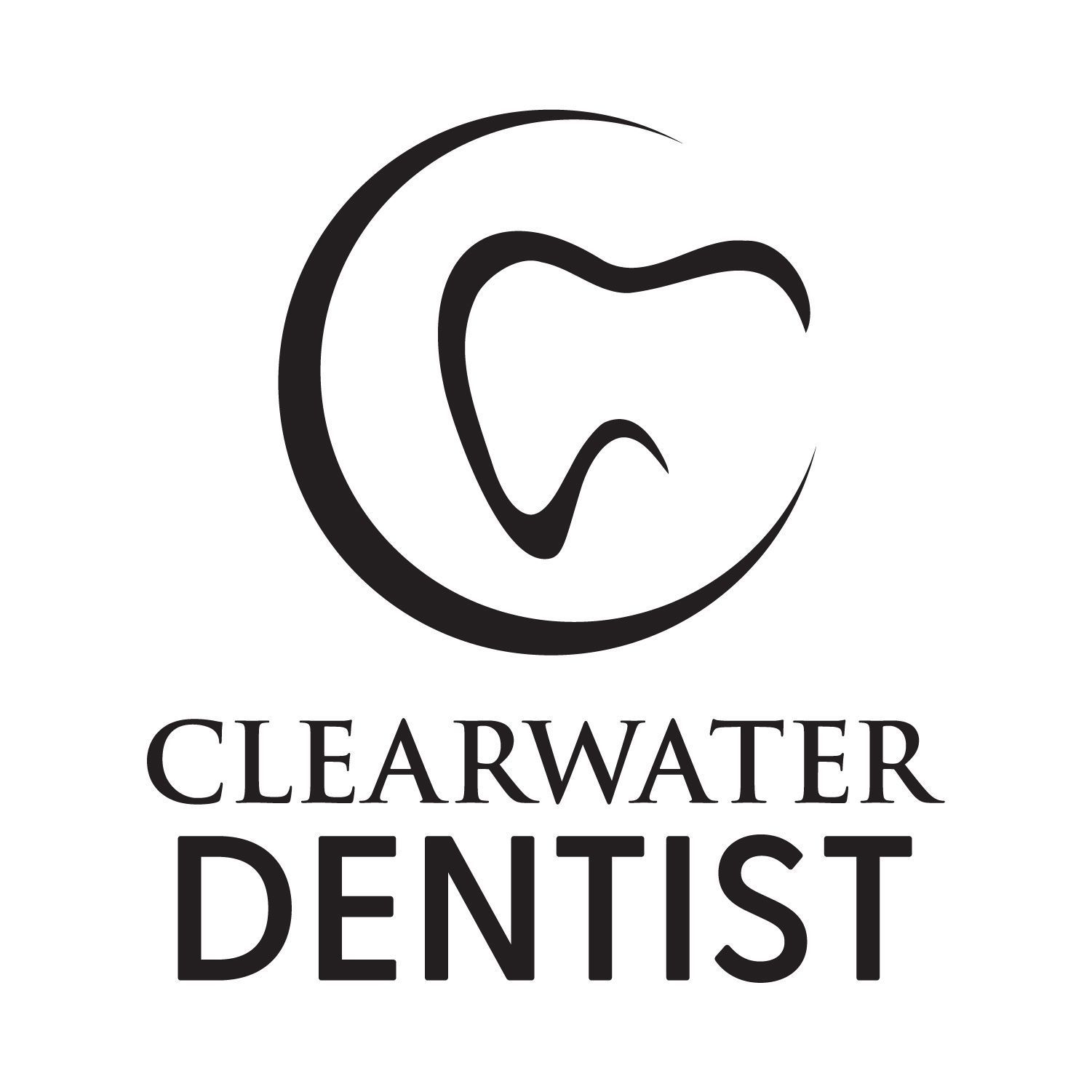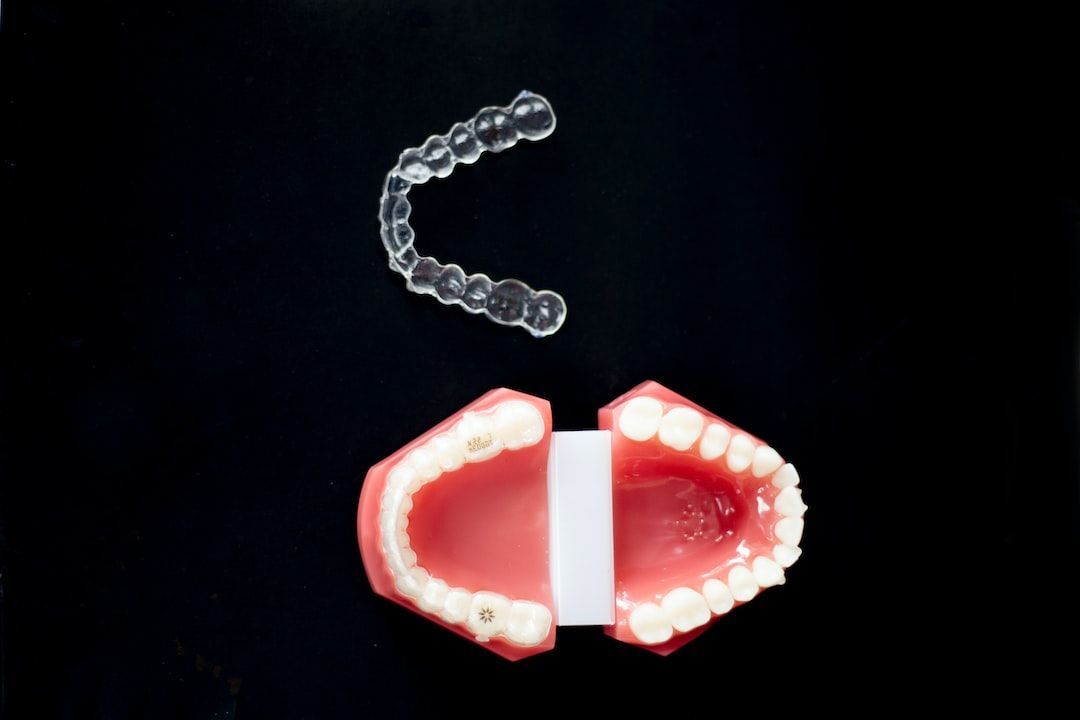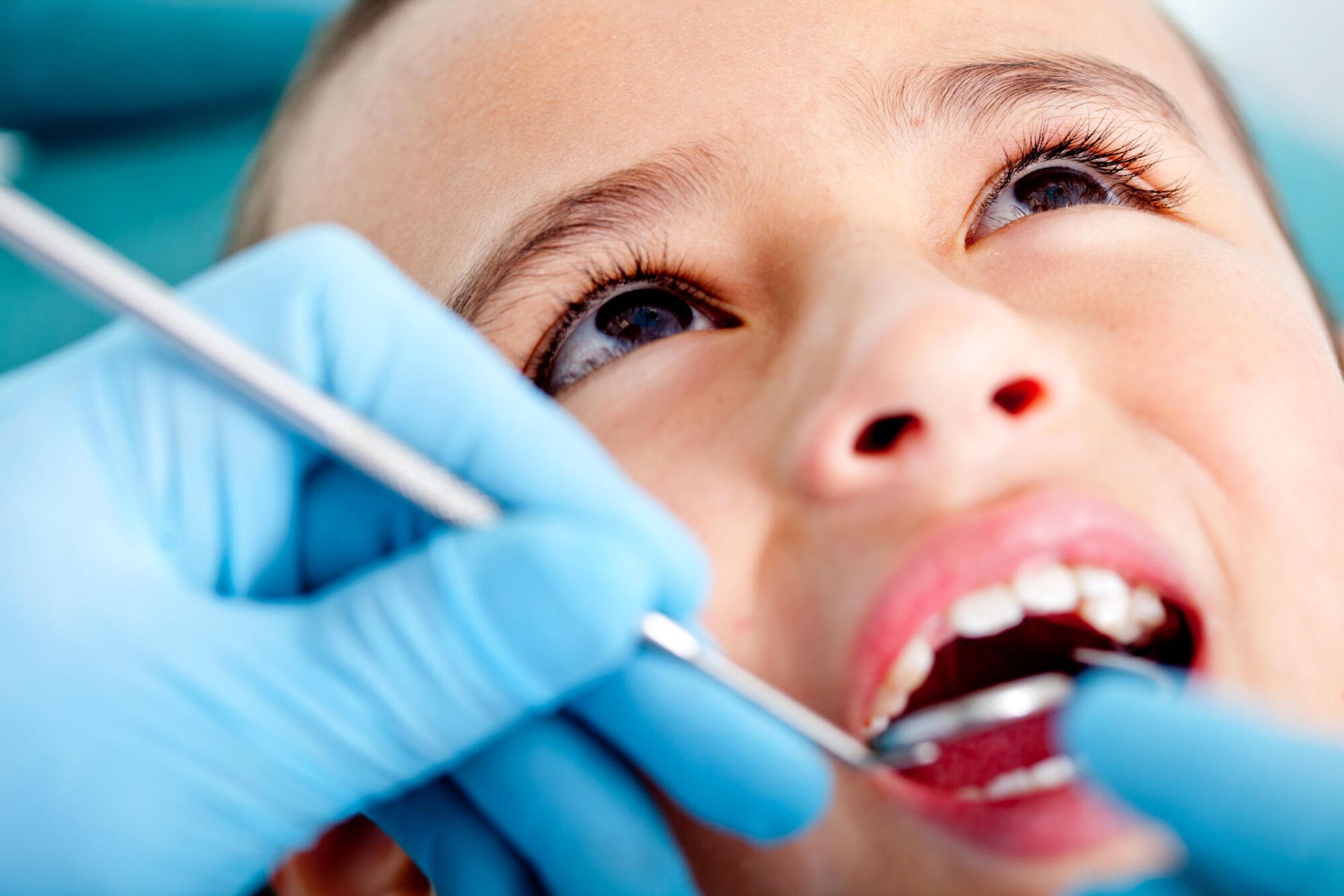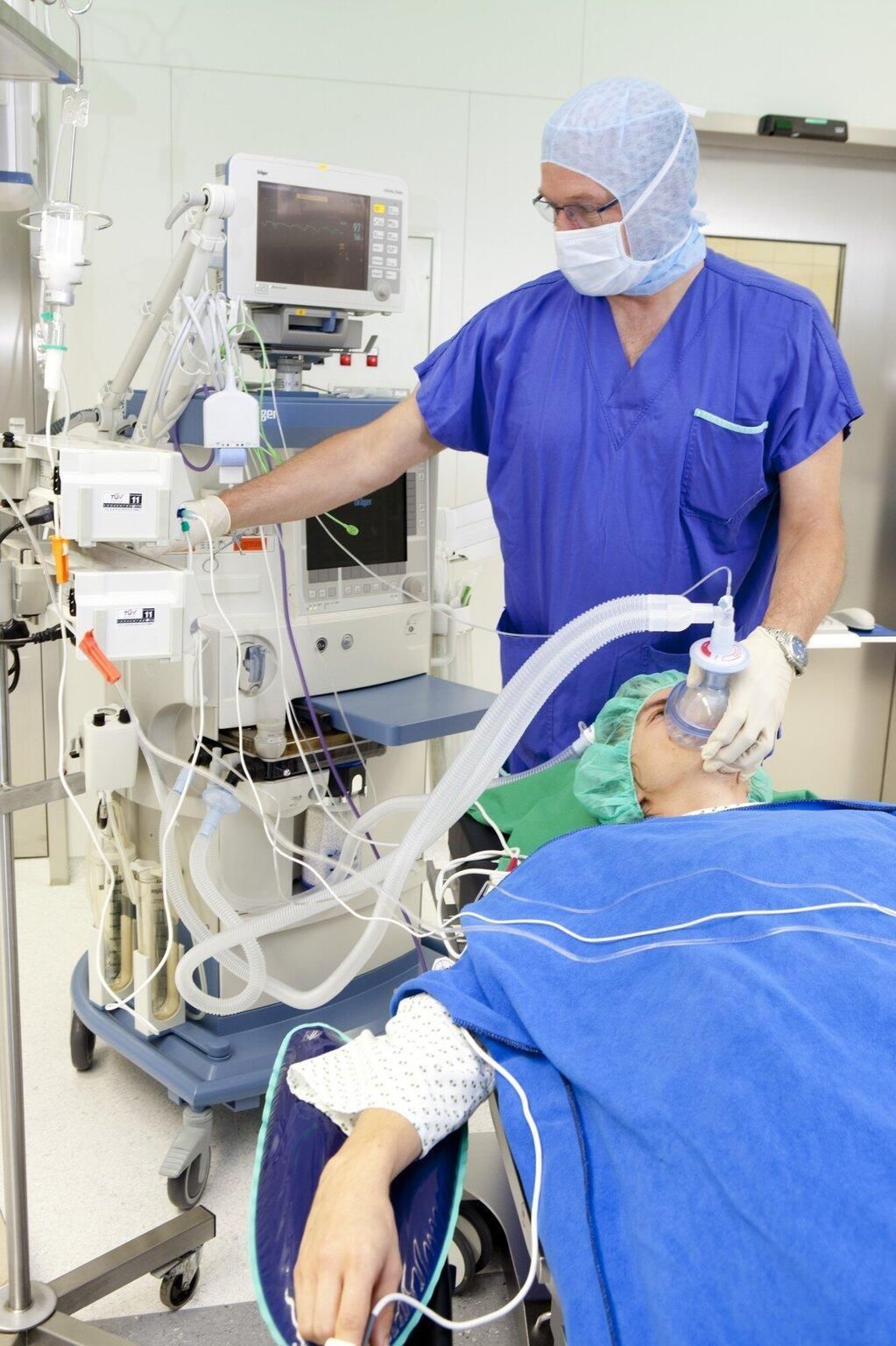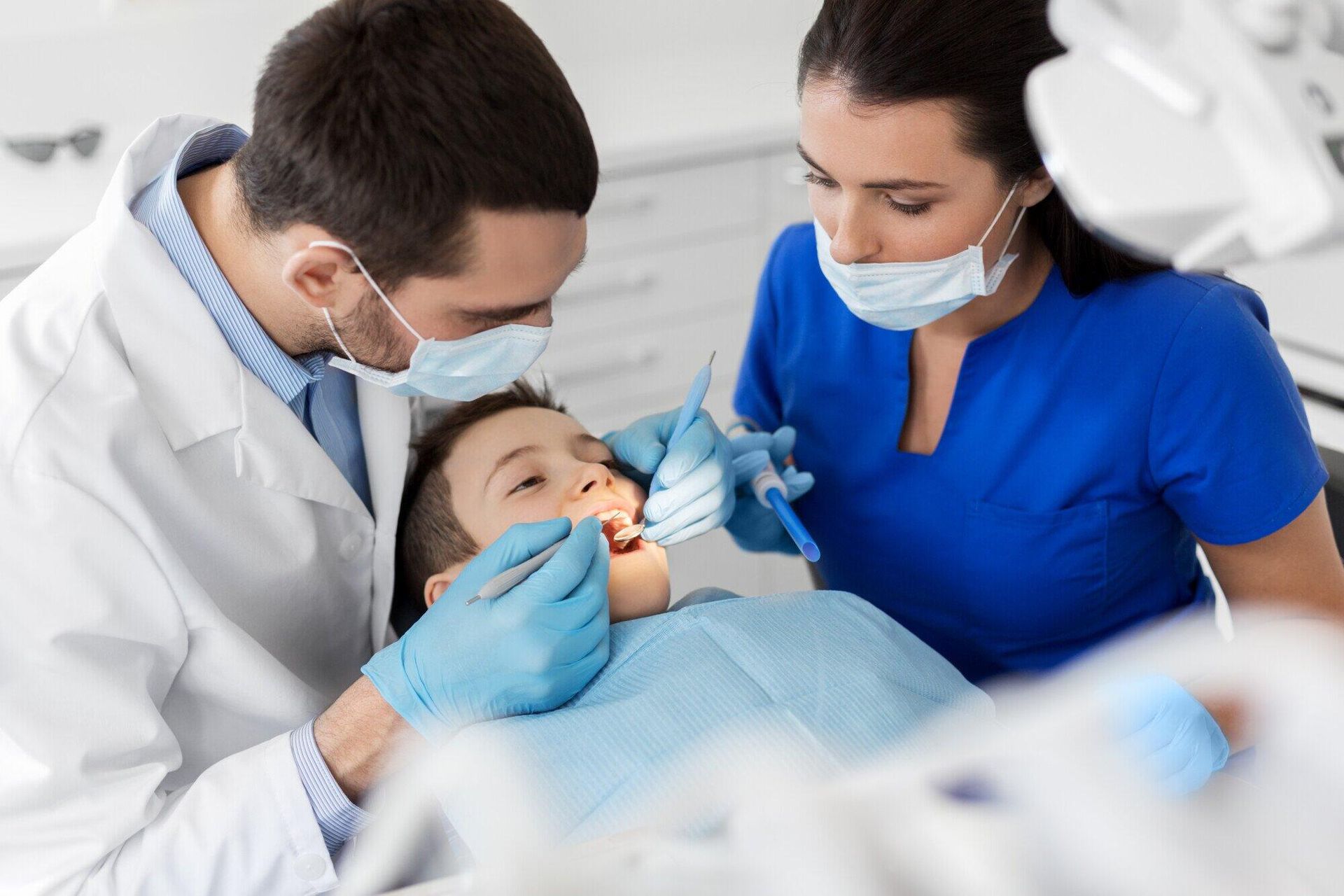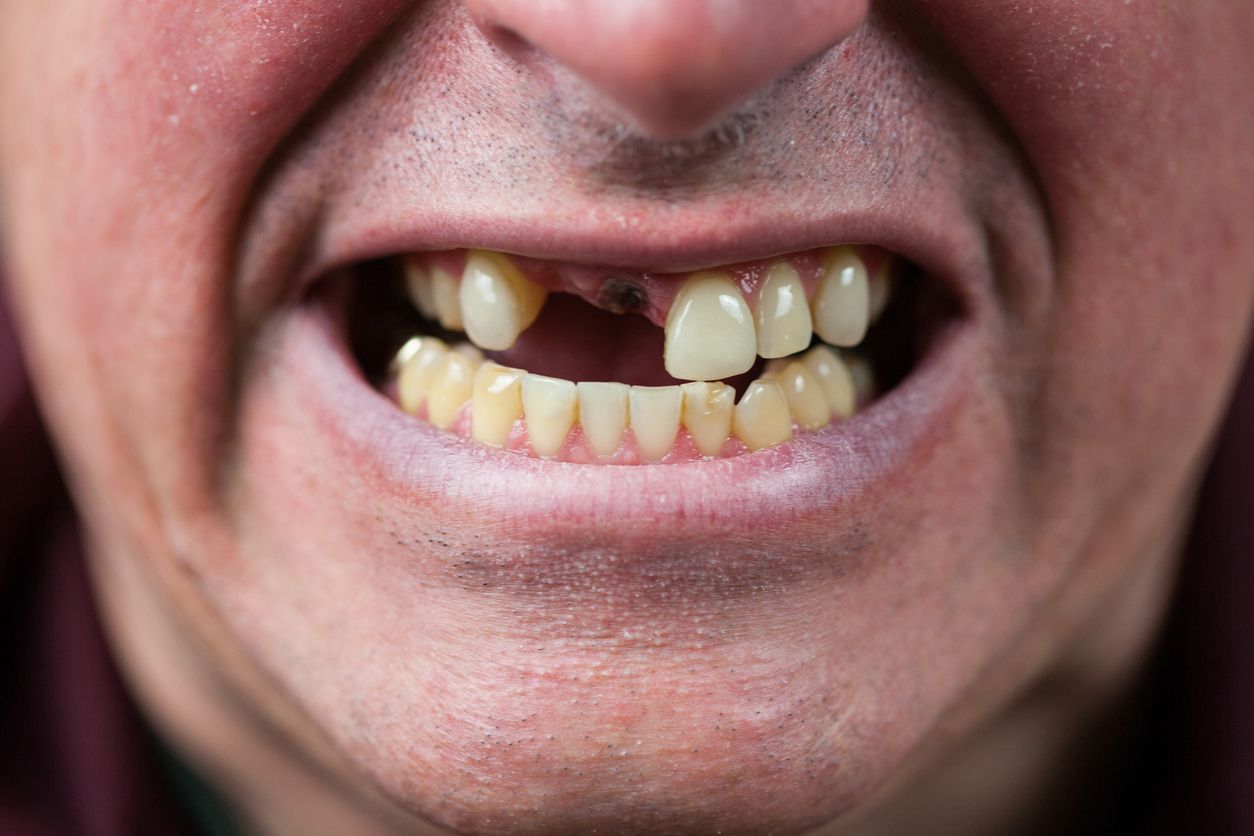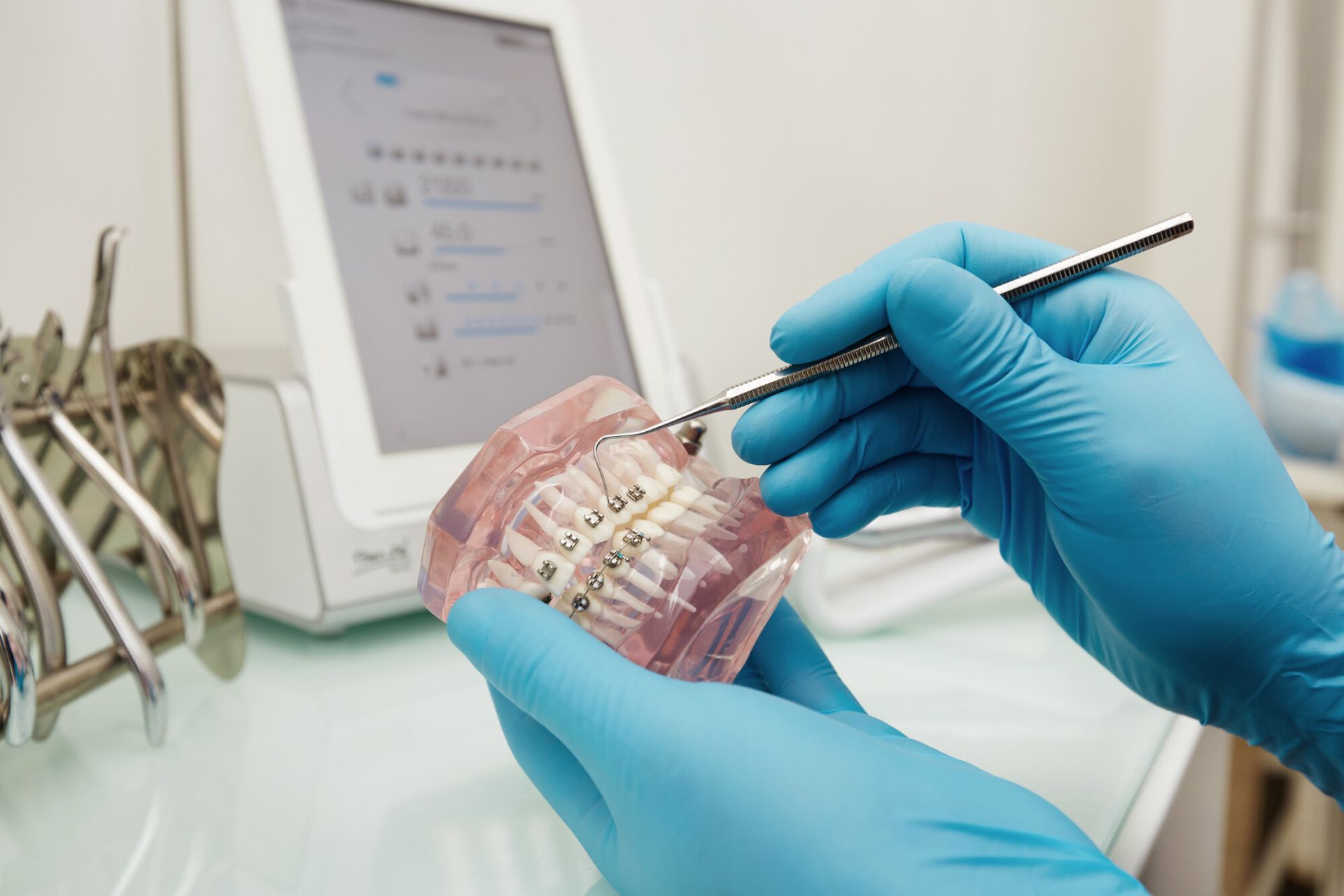Learn how our emergency dentistry professionals in Clearwater, FL, can help you find pain relief and a restored smile. Book an appointment today.
Imagine knocking out a tooth and experiencing excruciating pain, only to drop it into your pocket and go on with your day. You wouldn't, right? The same goes for any dental emergency.
Neglecting to seek emergency dentistry when you need it can lead to oral and overall health complications. Receiving emergency dentistry services in Clearwater, FL, will ensure you find pain relief when you experience dental trauma. Read on to learn how Clearwater Dentist can help!
Signs to Seek Emergency Dentistry
A dental emergency is anything life-threatening that requires immediate treatment. If you experience one of these situations, visit your dentist in Clearwater. They'll determine the best course of treatment based on your situation.
Severe Tooth Pain
You may experience severe tooth pain due to:
- Decay or dying pulp
- A wisdom tooth erupting
- Post-extraction surgery
- Abscesses or infections
- Objects caught under the gums
- A car or sporting accident
- Lost fillings, fractures, or chips
- Orthodontic wires cutting into the cheeks or gums
- Falls
- Eating something hard
- Work-related accidents
- Improper use of teeth to open objects
In some cases, a toothache can indicate a bigger problem. Contact your Clearwater emergency dentist right away. They'll determine if you need to visit the office immediately for treatment.
While you wait to see your dentist, prioritize your oral health. First, rinse your mouth using warm saltwater. Add half a teaspoon of salt to an eight-ounce glass of water and swish the solution in your mouth before spitting it out.
Floss to confirm food particles aren't caught between your teeth. Brush twice a day and floss daily to keep bacteria, saliva, and food particles from forming plaque. Plaque and tartar can release acid, leading to tooth decay and pain.
Let your dentist know if you experience pain and swelling. Swelling could indicate an infection or tooth abscess. In the meantime, place a cold compress against your cheek to ease the swelling.
You can also take an over-the-counter pain relief medication while you wait to see your dentist. Don't put over-the-counter painkillers like aspirin against your tooth or gums. They could burn your gum tissue.
During your appointment, your dentist will determine if an underlying condition is causing your pain. These could include dental decay, infected tooth pulp, gum disease, or a cracked tooth. Understanding the underlying cause of your pain will help them determine the best course of treatment.
Dental Trauma
A car or sporting accident can cause dental trauma, leading to a cracked or knocked-out tooth. Oro-dental trauma can damage your mouth, teeth, or oral cavity. About one billion people (including 20% of children up to 12 years old) experience oro-dental trauma.
If you badly crack a tooth, collect and wash any pieces you find with water. Rinse your mouth with warm water.
Apply a piece of gauze to the area if it's bleeding. You can also reduce swelling and tooth pain by applying a cold compress to your cheek. Visit your dentist as soon as possible for treatment.
If you knock a tooth out, hold it by the crown (the part that's usually visible above your gum line). Rinse the tooth root off with water. Don't scrub the tooth or remove any lingering tissue fragments.
If possible, try putting the tooth back into your socket. Don't force it into place.
Otherwise, put the tooth in a small container of milk or a product containing a cell growth medium (like Save-A-Tooth). Visit your dentist as soon as possible. Visiting them within one hour can increase your chances of saving the tooth.
Infected Gums
If your gums bleed when you brush and floss, it could indicate a more serious problem. Gums can bleed due to tooth decay, plaque buildup, and gingivitis.
Gingivitis (gum disease) can cause:
- Red, tender, or swollen gums
- Bleeding gums
- A change in how your teeth fit together
- Sensitivity
- Pain when chewing
- Pus between your teeth and gums
- Loose teeth
If you have periodontal disease, your risk of heart disease, stroke, lung disease, and diabetes can increase. Visit your dentist for scaling and root planing treatment. Early treatment will save your smile.
An Abscessed Tooth
An abscess is a pimple-like infection that can develop around the root of a tooth. It can also form between your gums and teeth. When left untreated, a tooth abscess can damage tissue and your surrounding teeth.
You may experience swelling to the face and jaw. The infection can also spread to other areas of the body.
If you develop a dental abscess, visit Clearwater Dentist as soon as possible. While you wait for treatment, rinse your mouth using a mild salt-water solution. Using a solution could reduce pain symptoms and draw the pus toward the surface.
Your dentist can drain the abscess to ensure you don't damage the tooth further. They'll relieve the tooth's pressure by making an incision in the gum tissue over the abscess. During treatment, they'll rinse the area with a solution to clear away any infection.
Otherwise, the tooth infection will spread to the bloodstream. If this occurs, you could develop sepsis (which is life-threatening). Sepsis can cause organ failure and death.
Early diagnosis and treatment is crucial. Visiting your dentist will ensure the infection doesn't get the chance to spread.
Your dentist may determine you need a root canal. Early treatment can help save your tooth.
Lost Crown or Lost Filling
Old dental restorations can fall out or become dislodged over time. If you have a broken or lost filling, stick sugarless gum into the cavity. You can also use over-the-counter dental cement.
Visit your dentist as soon as possible if you have a broken dental crown or bridge. In the meantime, try to put the restoration back in place. You can use denture adhesive or dental cement to secure it.
Choose Emergency Dentistry in Clearwater, FL
Don't hesitate to visit your local dentist when you need emergency dentistry services. Early treatment can help you avoid pain and complications. With emergency dentistry in Clearwater, FL, you can protect your smile and overall health.
Our team at Clearwater Dentist is committed to providing patients with the highest quality dental care. We can provide you with a beautiful, healthy smile. Contact us now to schedule an appointment.
Business Hours
- Mon - Fri
- -
- Sat - Sun
- Closed
Website designed and maintained by Xpress, INC
All Rights Reserved | Clearwater Dentist
727-591-4577
727-610-7702
727-300-0253
